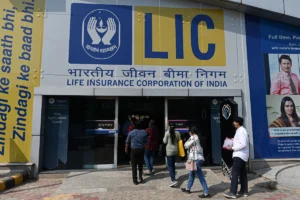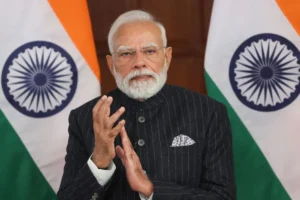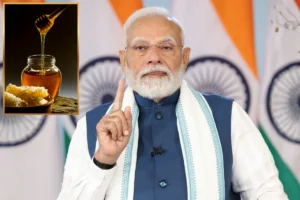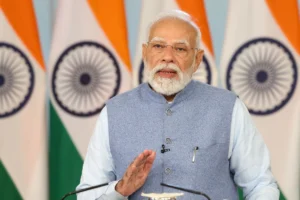
India is on track to surpass 28 million operational electric vehicles (EVs) by 2030, driven by rising demand, government incentives, and an expanding charging infrastructure, according to a report by the India Energy Storage Alliance (IESA).
IESA’s findings highlight India’s ongoing progress in decarbonizing its economy, with electric vehicles at the forefront of the transition. The rapid rise in EV sales is supported by both demand-side and supply-side incentives, growing consumer interest, and significant investments in EV charging infrastructure.
Positive Outlook For Electric Vehicle Sales In India
The report indicates a positive outlook for EV sales, citing factors such as heightened environmental awareness, advancements in battery technology, and improved accessibility to charging stations. These developments have fueled a surge in consumer adoption, propelling India’s electric vehicle market to new heights.
Also Read: India’s Electric Vehicle Market Sees Major Growth In 2024
In the fiscal year 2023-2024, India’s cumulative EV sales surpassed 4.1 million units. IESA forecasts that, by 2030, the number of EVs on Indian roads will likely exceed 28 million, which will create substantial energy demand from the national grid.
Projected Breakdown Of EV Market Segments
IESA’s projections suggest that electric two-wheelers will make up the largest share of annual sales, accounting for 83% of the total. Electric four-wheelers are expected to contribute 10%, while commercial vehicles—including trucks, buses, and three-wheelers—will represent the remaining 7%.
Increased Energy Consumption And Demand For Charging Infrastructure
Vinayak Walimbe, Managing Director of Customized Energy Solutions Pvt Ltd India and Interim President of IESA, emphasized the significant rise in electricity consumption in India, noting that it reached 1,543 TWh in 2023-24, a 7% increase from the previous year.
He pointed out that electricity consumption at public EV charging stations has also seen a remarkable increase. During the period from April to October 2024, public charging infrastructure consumed 465 GWh, more than double the 204 GWh recorded in 2022-2023, according to the Central Electricity Authority (CEA).
Forecasting Future Energy Demands
IESA estimates that the energy demand for EV charging in FY 2024-2025 will reach 4,000 GWh, and it could surge to 38 TWh by FY 2032, with maximum power demand projected at 366.4 GW.
This growing energy demand will require India to significantly expand its installed capacity, according to the IESA report. The total installed capacity needs to increase from 466 GW in January 2025 to 900 GW by 2032. This expansion will involve a substantial increase in renewable energy sources, with wind, small hydro, and other renewable sources projected to grow from 165 GW in 2025 to 500 GW by 2032.
India’s commitment to a cleaner, greener future is evident in the growing support for electric vehicles, with both government and private sectors driving investments and innovations in this space. The expanding EV market not only helps combat climate change but also opens up new opportunities for sustainable energy development.
To read more such news, download Bharat Express news apps






















